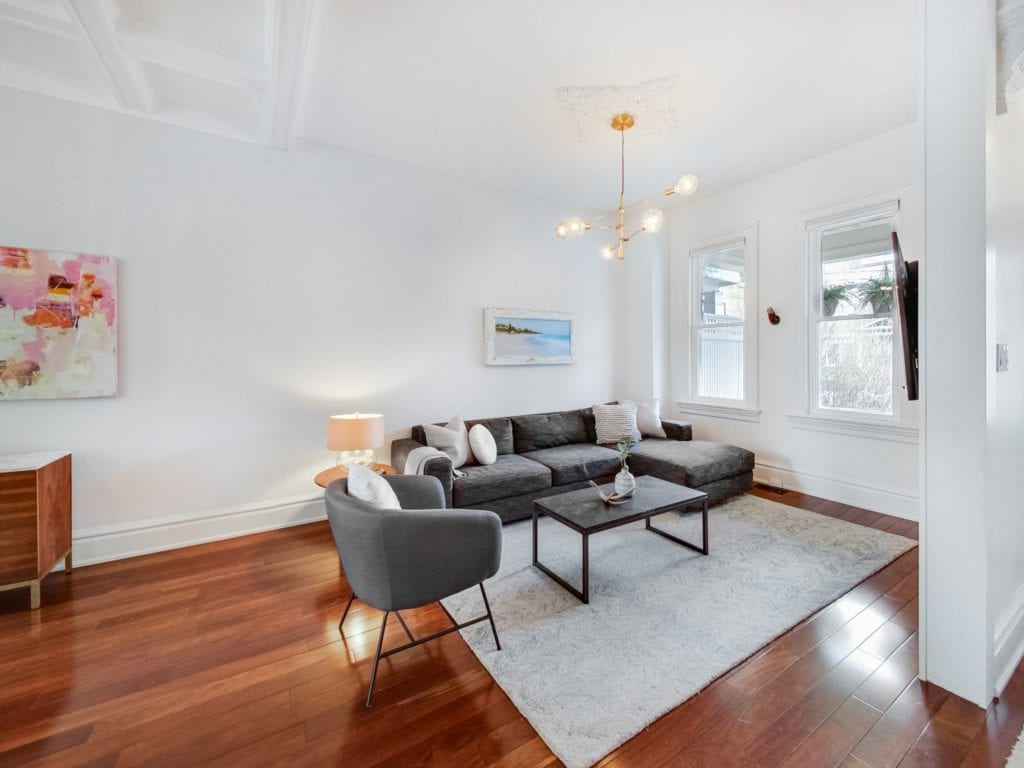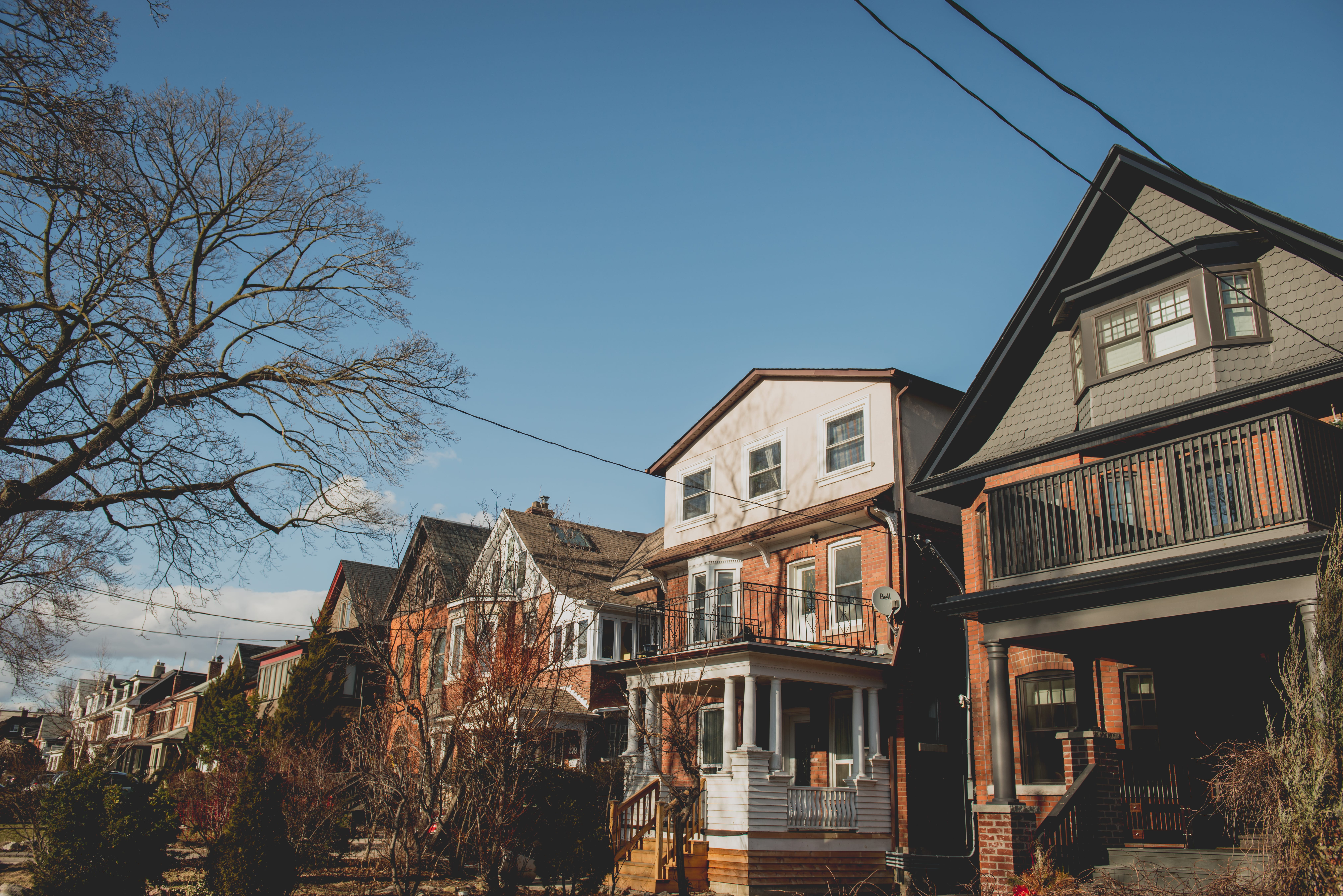December 12th, 2019 | Guest Post
How Home Buyer’s Age Affects Home Size

Buying a house is probably as important a decision as getting married. Well not as important but it’s a close second… or third.
Anyway, bottom-line: buying a house is serious business.
There are a ton of houses out there, all different in sizes and shapes, some are tall, others small, some on stilts etc. However, a recent study from the National Association of Home Builders (NAHB) reveal that age affects how people decide on their houses. The younger they are, the bigger they want their houses. Older they are, the smaller they prefer – inverse proportion. Here are some aspects that affect preferences – which you can also apply to yourself when picking out a property.
1.With regards to … Monthly Cost:

Aside from the literal cost of buying a huge house, just think how much power you’re going to consume to heat or cool a not-so-humble abode. Especially these days – energy costs are soaring. Often, people forget to factor such reoccurring expenses as they’re dazzled by the lights, and distracted by the whiff of cookies during the open house.
For young professionals who are at the apex of their life and career, they view the world as theirs for the taking. There’s enough vitality to ‘handle’ financial struggles without the risk of a stroke – hopefully. On the other hand, as you get older (and hopefully wiser), you try to avoid induced stressors … like ‘financial stress’ … often self-induced.
In the realm of money, the relationship seems inversely proportional once again. The younger the demographic, the less thought or concern was given to monthly expenditures vs older demographics.
2. With regards to … Ongoing Maintenance:

Larger house = larger amounts to clean, wipe, dust and tidy up
There is a bit of inconsistency here regarding our inverse proportion rule. Most of our younger demographic aren’t really into cleaning houses (although they can, and should); it’s more the middle-aged adults who are into keeping their house spic and span. However, on the extreme of our older demographic, the inverse relationship held true as age makes bending over to clean your bathroom a lot more difficult – so even here, we saw size playing a big factor.
3. With regards to … Navigation:

It seems, when you’re young and full of life, you want more breathing space! It doesn’t have anything to do with oxygen depletion or anything, but space is a symbol of freedom (it seems). The opposite seems to hold true, in that smaller spaces seem to evoke a feeling of suffocation (in the younger crowd). So, for this reason also, younger folks are inclined to buy a bigger house.
What about the “old folks” then? The logic used by our ‘old and wise’ Buyers stems from a pretty basic argument – smaller homes are easier to navigate. Fewer stairs, hallways, corridors, foyers etc. Can you imagine Queen Elizabeth in Buckingham Palace … she probably breaks a sweat just crossing one corridor to the next – mind you, she probably gets a piggyback ride (kidding!).
4. With regards to … Neighbourhood Culture:

Neighbourhoods that house smaller homes (i.e. smaller lot sizes, fewer detached lots etc.) seem to share a commonality in promoting a closer-knit community. The latter seems logical given smaller homes are often on smaller streets that aren’t as wide and it simply means greater proximity to your neighbours – certainly helps if you’re friends, right?
In contrast, larger homes (with larger lots, certainly detached, sometimes even gated) often lack that closeness. It’s simpler, there’s more distance between you, literally!
Simpler neighbourhoods make for simpler homes, but make for simpler living also. We often see tight knit communities where everybody knows everybody, which can be very beneficial if say an emergency comes up (knock on wood) or you need sugar! Added benefit, you won’t have to needlessly kangaroo-jump your neighbour’s 10 ft tall barracks! The sugar would spill!!
5. With regards to … The Smaller, the Simpler:

So, what do you think? Are you the younger home buyer who prefers the bigger better lifestyle?Or perhaps you’re ready to go with a smaller living arrangement which caters more to your needs and wants.Let us know in the comment section below!
That’s about it from us, we hope this has been informative! If you’d like to get on a one-on-one chat with us to find an answer to all your real estate concerns, apply for our FREE house hunter strategy call!
About the author: Lara Seers is a real estate agent for properties in Queensland. She presents buyers with several options and describes each property in full detail to make it easier for them to make the best choice. Note, some edits and additions have been made to make the article more relevant to our audience.











